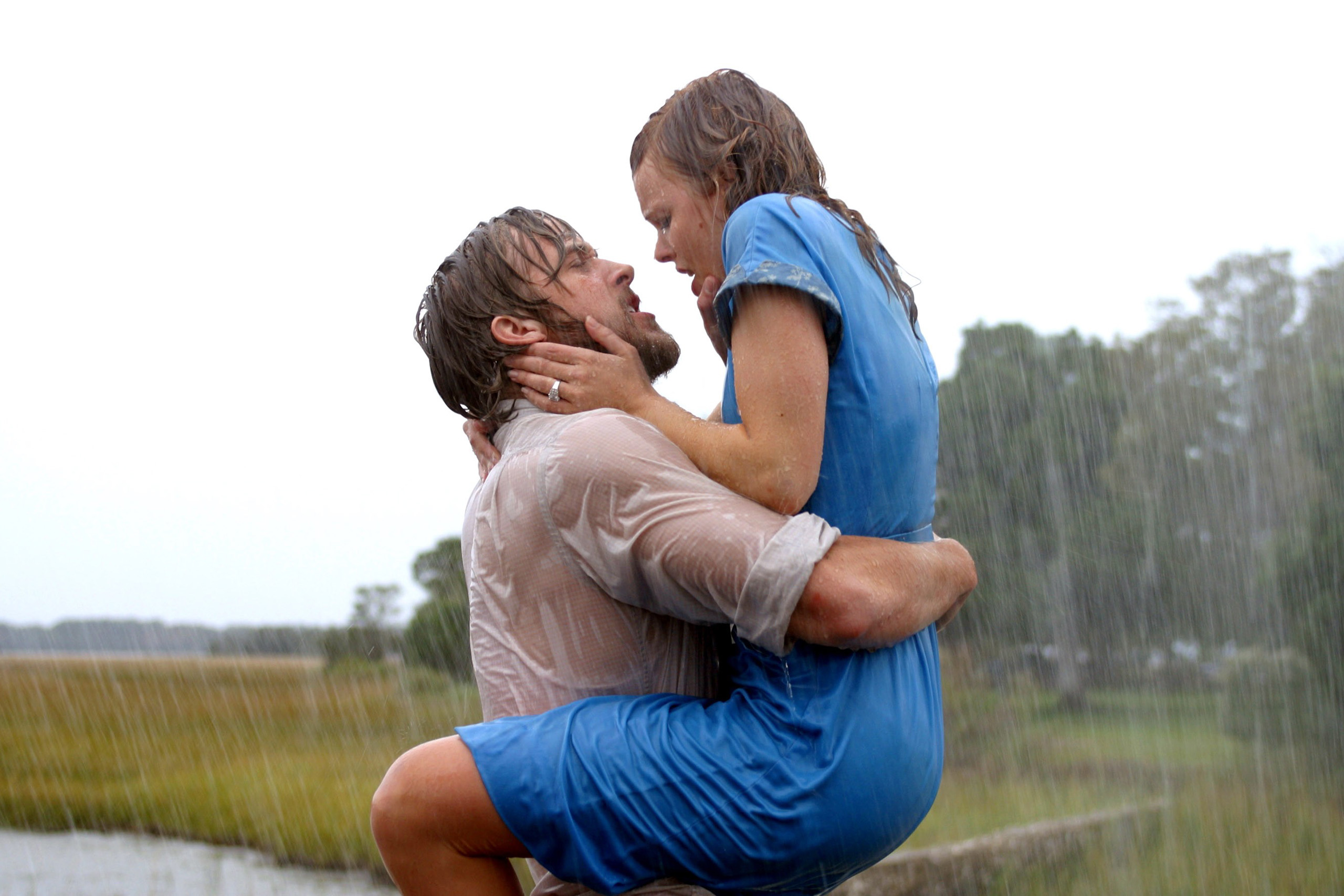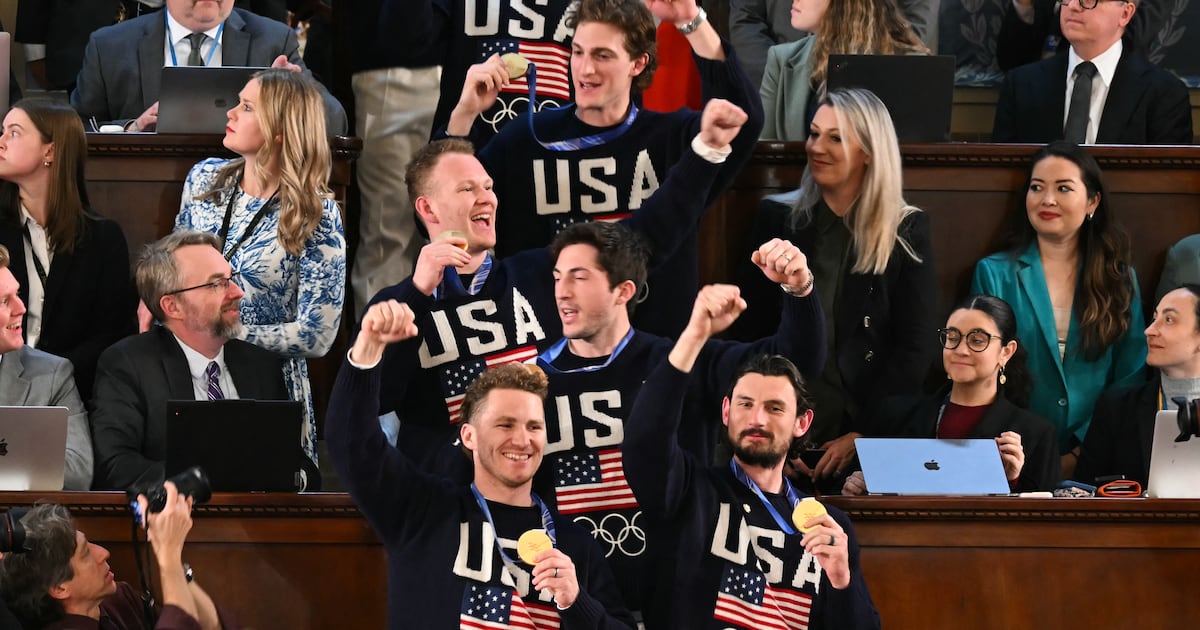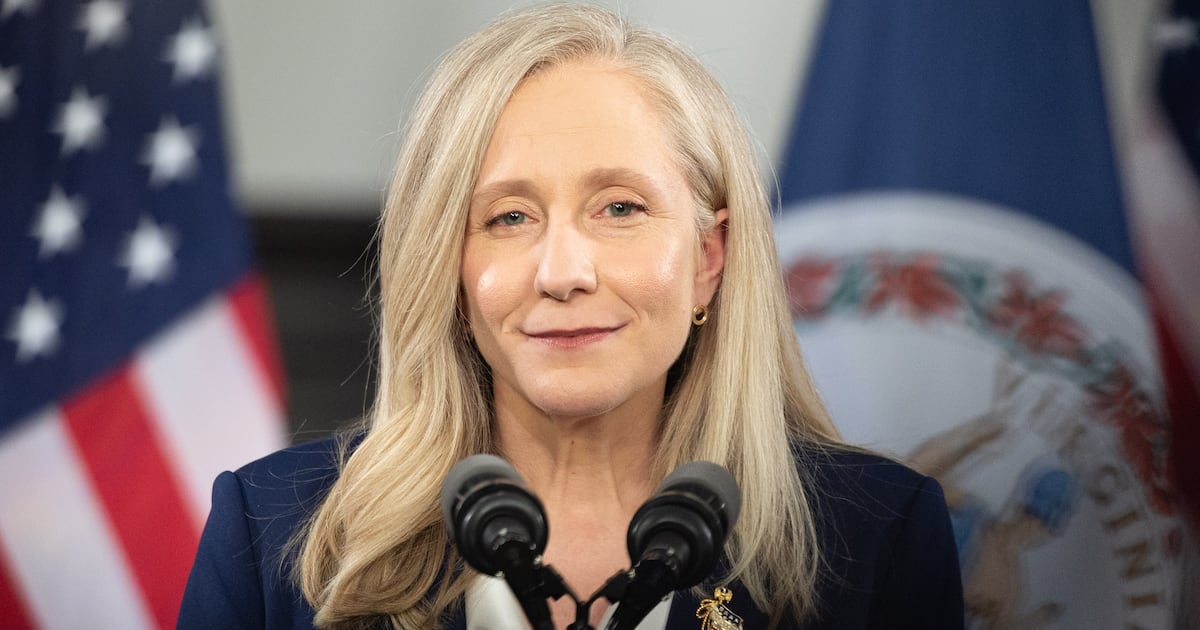The Notebook premiered in theaters on June 25, 2004. I was in sixth grade. Of course I wouldn’t have seen it then. The trailer was too sappy to go with my friends and the poster was too steamy to go with my parents. No, like most people, I waited around for the DVD release. Truthfully, I don’t remember the first time I saw it.

I also don’t remember the 10th time. Or the 50th. I’m not sure if there was a 100th. What Star Wars was to little boys in the summer of 1977, The Notebook was to me.
I used to sneak the DVD up to my room at night and watch it with headphones in the dark. Some nights I would watch it twice back to back, before creeping down the stairs to put it back, just in case my parents noticed it was missing in the morning. In a way it became a nightly game. How soon could I cry tonight? How often? If I watched it two times in a row, could I cry both times? Sometimes I would listen to the audio commentary, sometimes I would watch the deleted scenes. I was so little that I still played games like Zoo Tycoon on my family’s computer, and I dutifully named all the mommy lions Allie and the daddy lions Noah after the characters in the movie.
In the span of a year, I watched The Notebook so many times that I wore out the DVD, but if you asked me for my favorite movies, even then, I would have never even considered it. I was above The Notebook. My favorite movies were Moulin Rouge and Gone with the Wind. Ask anyone—those were good movies. They won Oscars. They were in books. They topped lists and critics loved them. The Notebook was just a silly thing I had become obsessed with, and one day it would pass and I’d sneer with all the cool boys about the dumb girls who sat and swooned.
I was right, at least in part. Like most childhood obsessions, thankfully it did pass. Until recently, it had been years since I saw The Notebook. I don’t cry anymore, and I still wouldn’t say The Notebook is one of my favorite movies. But I’m not sneering either.
Since The Notebook premiered ten years ago, Nicholas Sparks has become a genre unto himself. Almost every year a new film comes out. It’s the same story—two pretty people torn apart by some cruel circumstance, be it cancer or war or flash mudslides in South Africa. Same “Two White People Almost Kissing” poster. And always the same tagline: “From the author of The Notebook.”
They’re all pleasantly sad, perfectly sun-spackled movies about nice people being nice to each other, but there’s something oddly cynical about the way they’re all packaged. Come see this movie! It’s just like our highly successful product The Notebook! But with each new release, they seem to get cheaper and cheaper. The stars are either sheepish or they’re amateurs, and to dismiss the filmmaking as amateurish would be too kind—at least you can count on amateurs to make an effort. No, Nicholas Sparks movies aren’t amateurish, just indifferent. They’re airless, they’re careless, and they’re sloppy. The Notebook isn’t exactly reinventing the cinematic wheel, but it’s hard to accuse it of being a careless or a sloppy film. Judging by the end results, I'd be pretty comfortable saying that more thought was given to Rachel McAdams's wardrobe than was put into the productions of The Last Song, Safe Haven, and The Lucky One combined. Director Nick Cassavetes might pick the most obvious routes to our affections—swooping birds, kissing in the rain, swelling music—but damn it, those things are obvious because they work. The Notebook might be cliché, but it’s never self-conscious—a fatal flaw that plagues all of the Sparks films that would follow in its footsteps. The Notebook commits openly and honestly to its own sentiment, and in doing so, the movie gives its audience the permission to follow.
Cassavetes also has the good sense to pull the camera back and let us see whole bodies in motion—kissing, dancing, running, fighting. Directors of the current wave of romance films seem to think that close-ups are the best way to capture feelings—distance, after all, should be distancing. But The Notebook gets miles out of the few feet Cassavetes places between his camera and his stars.
The interplay between Rachel McAdams and Ryan Gosling has a kind of deftness that’s just plain beyond the reach of a Julianne Hough or a Liam Hemsworth. Their performances gift the movie with a kind of jazzy natural rhythm that neither the script nor the direction seem to anticipate. Whenever the script seems ready to surrender to maudlin excess, Gosling and McAdams are there to pull it back. No one could ever mistake Nick Cassavetes for Howard Hawks, but Gosling and McAdams are ready to do the work for him, building a kind of Bogey and Bacall chemistry that keeps the movie grounded and natural, even at its most melodramatic heights. Maybe most tellingly, they’re good enough to play younger versions of the magnificent Gena Rowlands and James Garner without coming off as frauds.
Nicholas Sparks is no William Faulkner—hell he’s no Jackie Collins—but one of the keys to his international success has been in his willingness to acknowledge the multiple generations—young, old and everything in between. The film version of The Notebook takes this tendency and runs with it. As good as Gosling and McAdams are, they’re just the set-up. It’s Garner and Rowlands who wring the tears.
Thanks largely to these two virtuoso duets, both young and old, Noah and Allie are the kind of characters you want to see fall in love with each other, and maybe more to the point, they’re the kind of people who you wouldn’t mind falling in love with yourself.
It’s of course that last bit that fueled my adolescent obsession, and it’s also what seems to be the biggest target for critics of the movie. The Notebook’s reviews mask mockery under euphemisms—bring your Kleenex, ho ho!
The boys in my seventh grade class were both more honest and more accurate—The Notebook sucks because it’s girly. The Notebook is a movie made largely for women that has the gall to present them with a vision of life that might be encouraging, and for that it must be torn down.
Why is it that we cringe at The Notebook’s idealism, but have no such qualms about the dozens of superheroes that grace our screens every year? Why are melodramas like The Notebook derided for being unrealistic, while Godzilla gets lauded as the best of the year? Is it that we can happily recall Spider-Man 2 (another hit from the summer of 2004), but we have to couch appreciation for The Notebook with apologies and shame?
It would be easy to say that it’s all traceable to femininity. Our society devalues women, disparages things that might bring women pleasure. That’s true. But our cultural resistance to sentiment is all inclusive—our cynicism crosses all genders, all ages, all classes. In an odd way, no matter how many people Godzilla stomps on, no matter how many bad guys there are chasing Liam Neeson, there’s nothing you can see in a movie theater that’s as deeply threatening as sentimentality.
Negative emotions are easy to indulge. They require little imagination and even less effort, and their validity is easy to prove—after all, you can always count on something bad to happen at some point. It’s no coincidence that the most popular filmmaker in America is Christopher Nolan—Hollywood’s own grand minister of gloom. Cynicism is comfort food—it’s the easiest way to guard ourselves from the disappointments that life offers.
Optimism has none of the certainty that cynicism offers. Hope cannot exist without the possibility for failure. Action movies might talk a good game, but they’re slaves to our instant gratification. Nothing really bad will ever happen to Batman, he’s always in complete control, and by extension, so are you. Melodramas aren’t threatening because they’re about women, they’re threatening because they ask you to acknowledge your own powerlessness. The Notebook wants you to fall in love with Noah and Allie—to look at them and see yourself—and then it asks you to acknowledge that they will die.
In short, The Notebook asks you to be weak so you can be brave.
Melodramas inspire the best part of ourselves. They offer us comfort in the face of adversity, and they give us the strength to accept what we cannot change. They show us versions of ourselves that are better than ourselves. They give us something to aspire to.
So, on the occasion of its tenth birthday, here’s to The Notebook—maybe in another ten years we’ll be ready for a real embrace.






